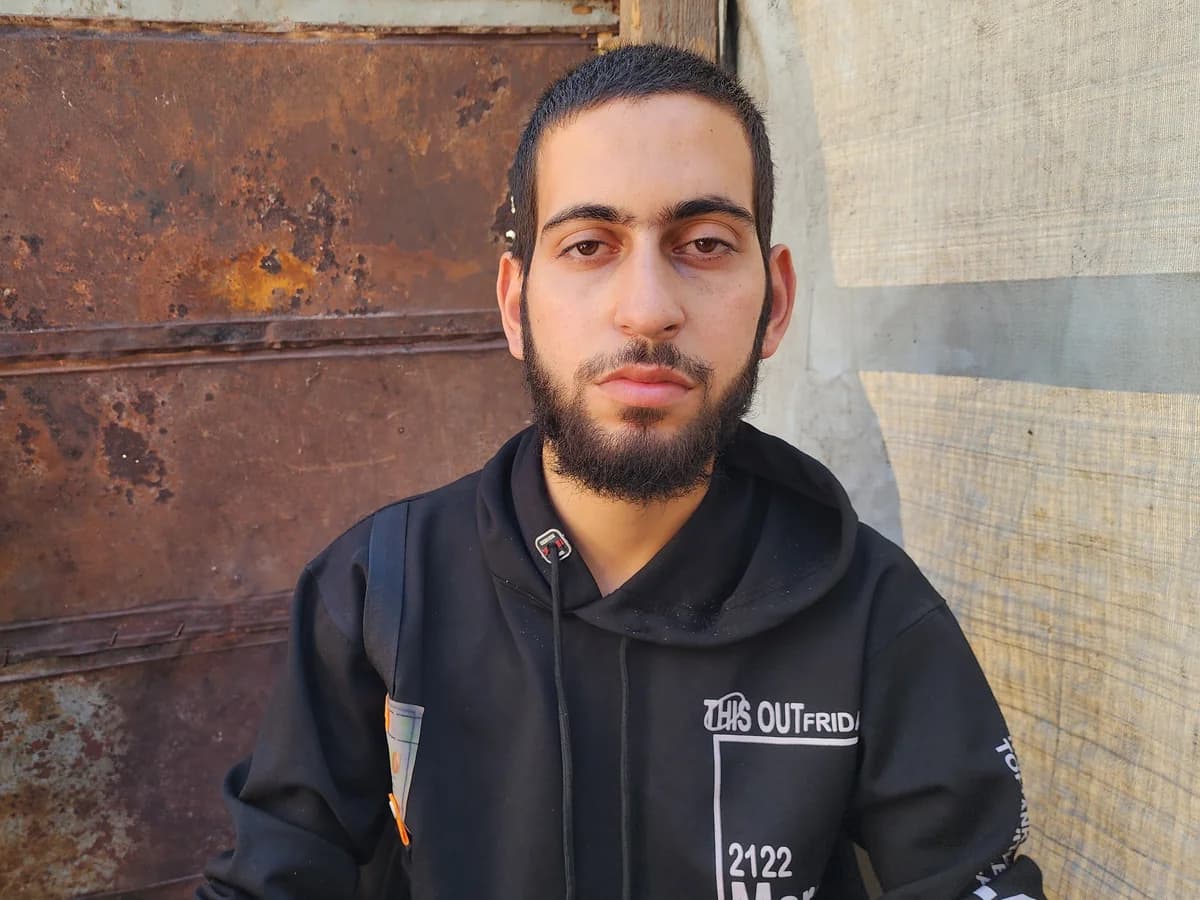We're loading the full news article for you. This includes the article content, images, author information, and related articles.
Palestinians recently released from Israeli detention facilities, including Nafha Prison, have recounted severe abuse, medical neglect, and starvation, raising urgent concerns about the treatment of detainees amidst ongoing conflict.

Palestinians released from Israeli prisons on Monday, October 13, 2025, as part of a ceasefire agreement, have described systematic abuse, including brutal beatings, prolonged binding, verbal assault, and deliberate medical neglect during their detention. These testimonies align with reports from human rights organisations that highlight a concerning pattern of mistreatment within Israeli detention facilities.
Naseem al-Radee, a 33-year-old government employee from Beit Lahiya, was among approximately 1,700 Palestinian detainees released to Gaza on Monday, October 13, 2025, after nearly two years in Israeli custody. He reported being subjected to severe beatings, including a kick to the eye that left his vision blurred, and enduring 100 days in an underground cell. Al-Radee, who was never charged with a crime, stated that his detention in facilities like Nafha Prison in the Negev desert was marked by torture, medical neglect, and starvation.
His account is consistent with findings by the Israeli human rights group B'Tselem, which in August 2024, released a report titled 'Welcome to Hell: The Israeli Prison System as a Network of Torture Camps.' The report, based on interviews with 55 Palestinian detainees, alleges a systemic policy of abuse, including arbitrary violence, sexual abuse, humiliation, deliberate starvation, and denial of medical treatment, particularly since the onset of the Gaza war in October 2023.
Another freed detainee, Mohammed al-Asaliya, a 22-year-old university student also released from Nafha Prison, contracted scabies due to unsanitary conditions and lack of medical care. He described a 'disco' area where loud music was played non-stop for up to two days as a torture method, alongside being hung on walls, sprayed with cold air and water, and having chilli powder thrown on detainees. Both al-Radee and al-Asaliya experienced significant weight loss during their incarceration, with al-Radee's weight dropping from 93kg to 60kg.
The Israel Prison Service (IPS) and the Israeli military have previously stated that prison conditions comply with international law and have denied allegations of systematic abuse. However, B'Tselem's report challenges these assertions, claiming that the mistreatment is a deliberate policy, allegedly directed by National Security Minister Itamar Ben-Gvir. Human Rights Watch also reported in August 2024 that Israeli authorities have consistently failed to provide accountability for torture and abuses against Palestinian detainees, with no criminal convictions resulting from 1,830 complaints against IPS officers between 2019 and 2022.
The release of nearly 2,000 Palestinian prisoners on Monday, October 13, 2025, was part of a broader ceasefire agreement that also saw the release of Israeli hostages held in Gaza. Of those released, approximately 1,700 were detainees from Gaza held without charge, while 250 were prisoners serving sentences, some for deadly attacks on Israelis. The International Committee of the Red Cross (ICRC) facilitated these releases.
The testimonies from these freed individuals underscore ongoing concerns about human rights in detention. International bodies, including the UN Office of the High Commissioner for Human Rights (OHCHR), have also documented severe human rights violations against Palestinian detainees by Israeli security forces, including arbitrary arrests and instances of torture and ill-treatment, since October 2023.
While the testimonies of released detainees and reports from human rights organisations paint a grim picture, the Israeli Prison Service and military maintain that their operations adhere to international law. The extent to which these alleged abuses are systematically sanctioned or are isolated incidents remains a point of contention, despite claims by B'Tselem of a deliberate policy. Access for independent humanitarian agencies to Palestinian detainees has also been restricted since October 2023, making independent verification challenging.
The international community will be closely watching for any independent investigations into the allegations of torture and abuse in Israeli detention facilities. The calls from human rights organisations for greater transparency and accountability are likely to intensify. Further prisoner exchanges or ceasefire negotiations could also bring more testimonies to light, potentially increasing pressure on all parties to address the treatment of detainees.
Keep the conversation in one place—threads here stay linked to the story and in the forums.
Sign in to start a discussion
Start a conversation about this story and keep it linked here.
Other hot threads
E-sports and Gaming Community in Kenya
Active 9 months ago
The Role of Technology in Modern Agriculture (AgriTech)
Active 9 months ago
Popular Recreational Activities Across Counties
Active 9 months ago
Investing in Youth Sports Development Programs
Active 9 months ago